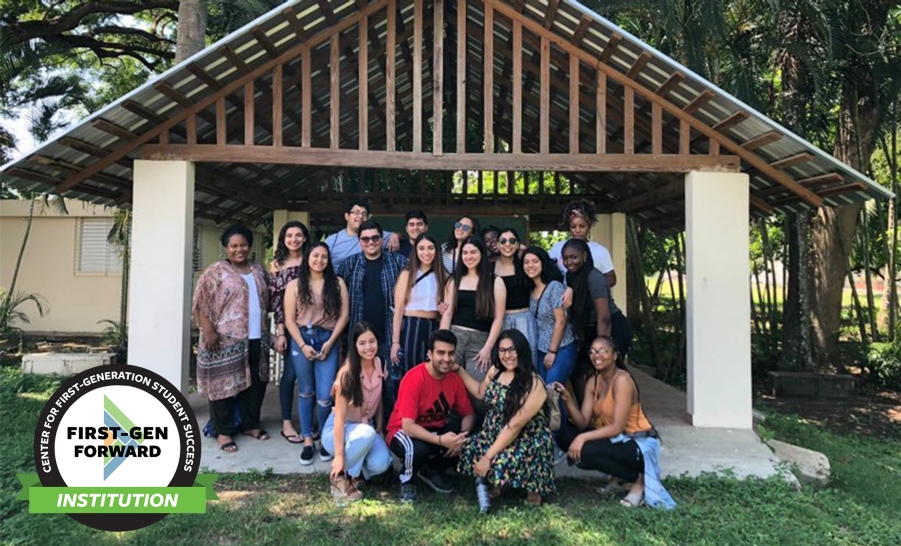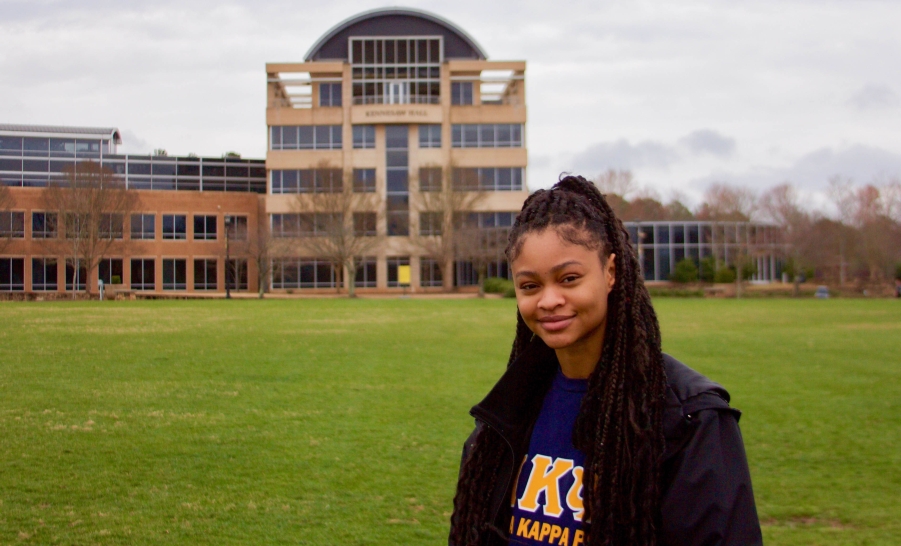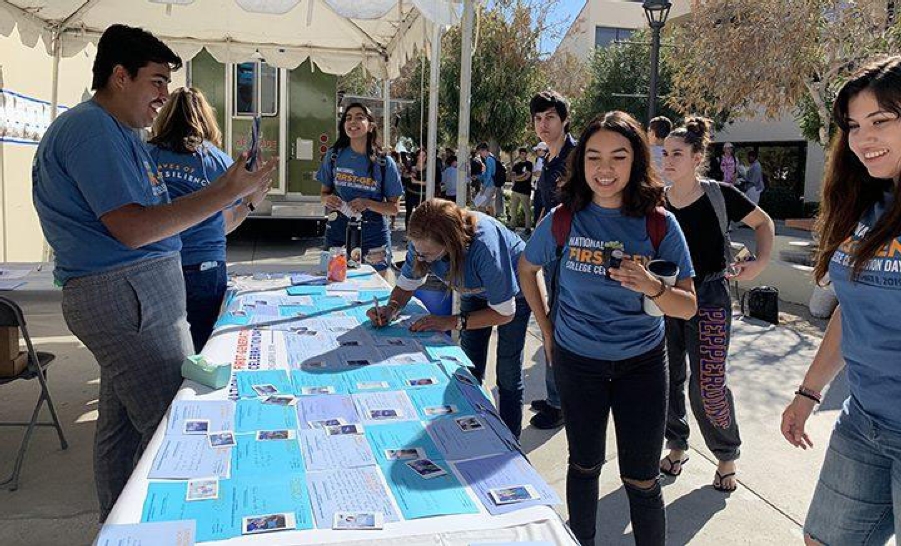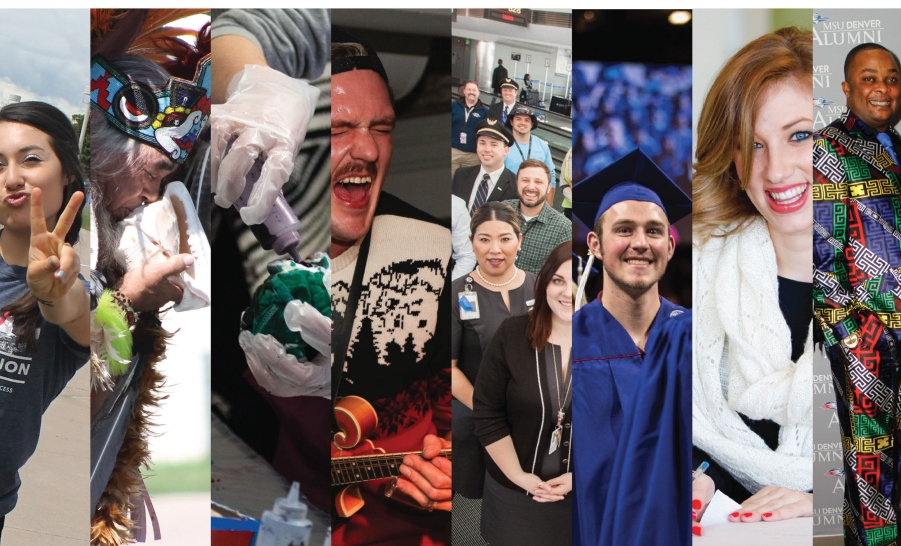I’m A First: What does that mean at a small elite liberal arts college?
Arianna Figueroa, M.A. & Shayla Bezjak-Martinez, Harvey Mudd College / FirstGen Forward / January 26, 2022
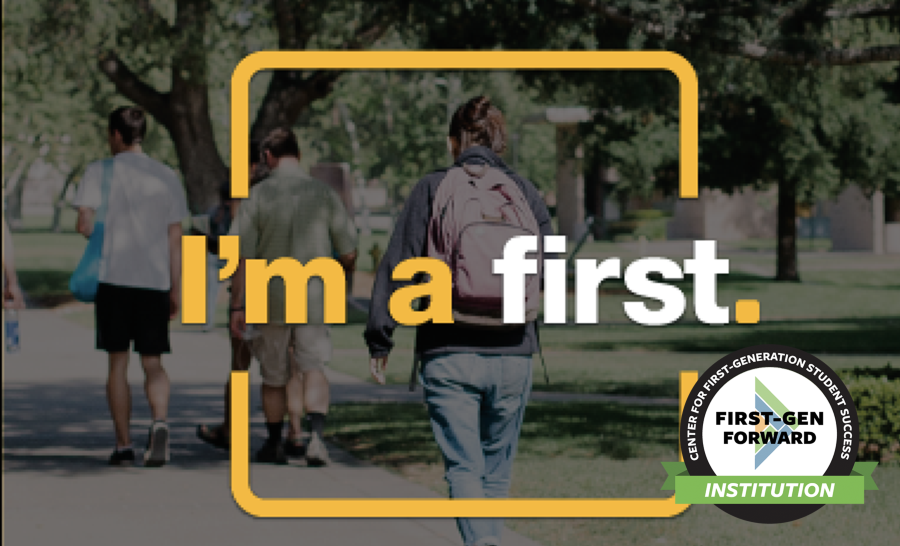
When Harvey Mudd College (HMC) was selected to be a First-gen Forward Institution, our team came together to discuss how we could best serve our first-generation students–many of whom sit at the intersection of multiple minoritized/marginalized backgrounds. Sitting in our first Zoom meeting together, our committee started brainstorming about the institution's mission and its history of serving first-generation and underrepresented students. HMC differs from the typical liberal arts college because we only offer majors in the fields of Science, Technology, Engineering, and Math (STEM), while encouraging students to understand the impact of their work on society through liberal arts study. HMC has created various avenues of support for our first-generation students including the Presidential Scholars Program, which offers funding to students who are from backgrounds that are traditionally underrepresented in STEM or are the first in their families to attend college and the Summer Institute which increases the leadership development, personal, and academic success of students who are from historically excluded communities and that are underrepresented in STEM. Moreover, the Office of Institutional Diversity has created the I’m A First Initiative and supports various student-led programs that create awareness of first-generation students, staff, and faculty on campus–thereby allowing us to provide a sense of connection, access, and encouragement for first-generation students by sharing faculty and staff stories and resources.
Upon reflecting on some of our current and past initiatives, one idea stuck out in our conversation: first-gen is forever. The first-gen identity transcends the undergraduate experience. It starts long before orientation, and it continues through a student's life. The issues that arise for our first-generation college students aren’t always mirrors of their non-first gen peers. Students from both historically excluded and privileged backgrounds must contend with trade-offs of some sort. For some, these choices are part of the typical college-going experience, but when you are the first in your family to pursue a degree, hardly anything is typical.
For many first-generation and low-income students, the trade-offs are deeper than the financial costs of attendance. Rather, these students have to make sacrifices that affect them emotionally, psychologically, and ethically. Philosopher Jennifer Morton seeks to create a dialogue about the true cost of upward mobility through the path of higher education in her book Moving Up Without Losing Your Way: The Ethical Costs of Upward Mobility. Using the narratives of 28 upwardly mobile students and professionals, Morton captures the ethical dilemmas that low-income and first-gen “strivers” face as they attempt to climb the socioeconomic ladder.
What is an Ethical Cost?
While the financial cost of attending college can be substantial, the prospect of a higher degree is often used to lessen the blow. The acronym ROI (Return on Investment) is used by colleges to suggest that the cost of attendance will be regained and surpassed by graduates. It highlights the long-term benefits that a college degree can yield, but there is more than just money that is lost when a striver decides to attend college. As coined by Morton, “ethical costs” concern the values that make one’s life meaningful and generally worthwhile. Things like relationships with family and friends, connection to one’s community, and one’s sense of identity are often overlooked when discussing upward mobility, even though navigating these aspects is a large part of a striver’s life.
For many strivers, setting foot onto their college campus is like entering a new world with different social norms, practices, and expectations. Moreover, the values of the communities they grew up in often differ from the ones they are seeking entry into. When strivers face this “cultural mismatch,” they are forced to confront which values they should prioritize and which ones they have to sacrifice. Negotiating these ethical costs is a significant burden that strivers face. Unlike monetary costs, ethical costs involve particular people and places that cannot be easily replaced. Thus, strivers’ experiences differ from their more privileged peers as they are more likely to face the consequences of these trade-offs due to their position between disadvantaged communities and middle-class institutions.
Our Goal
Morton presents a helpful lens and vocabulary for staff and administrators working with first-generation college students to adopt, which we can integrate into our programming. Reconciling clashing cultural and social expectations, especially in a time of uncertainty and unpredictability, is no easy feat. Morton does not have all the answers; instead, she provides the framework and suggests some questions strivers can begin to ask themselves. For our first-gen students, we plan to host a retreat that is focused on asset-based leadership development and provide copies of Morton’s book to explore its content as a community. For our staff and faculty, we developed a professional development series that identifies the needs of first-gen students and skills to support them. As co-educators working with first-generation college students, it is important that we aid our students as they face these difficult subjects, not only supporting them while at HMC, but preparing them for a future beyond the college bubble. Ultimately, creating these engagement opportunities and dialogue spaces will allow us to celebrate the strengths that first-gen students bring to our campus community and develop inclusive practices that support first-gen students in all that we do. First-gen is forever, and this work is just the beginning of a lifelong journey to always growing our practices and our community with intentionality.
For more information on Harvey Mudd College’s approach, please visit their website here.
References
Morton, J. (2019). Moving Up Without Losing Your Way: The Ethical Costs of Upward Mobility. Princeton University Press.
